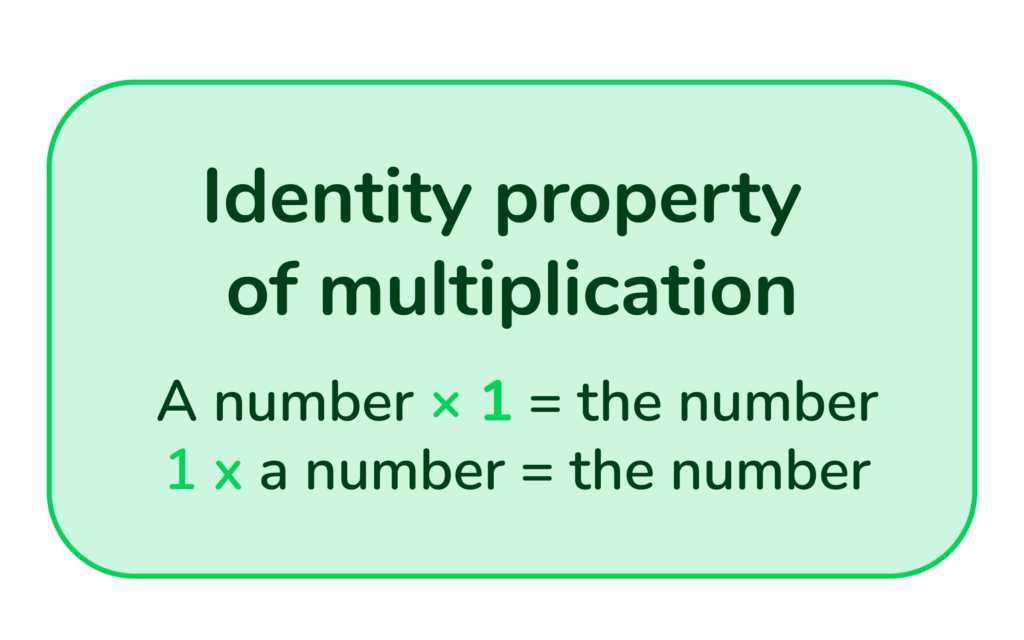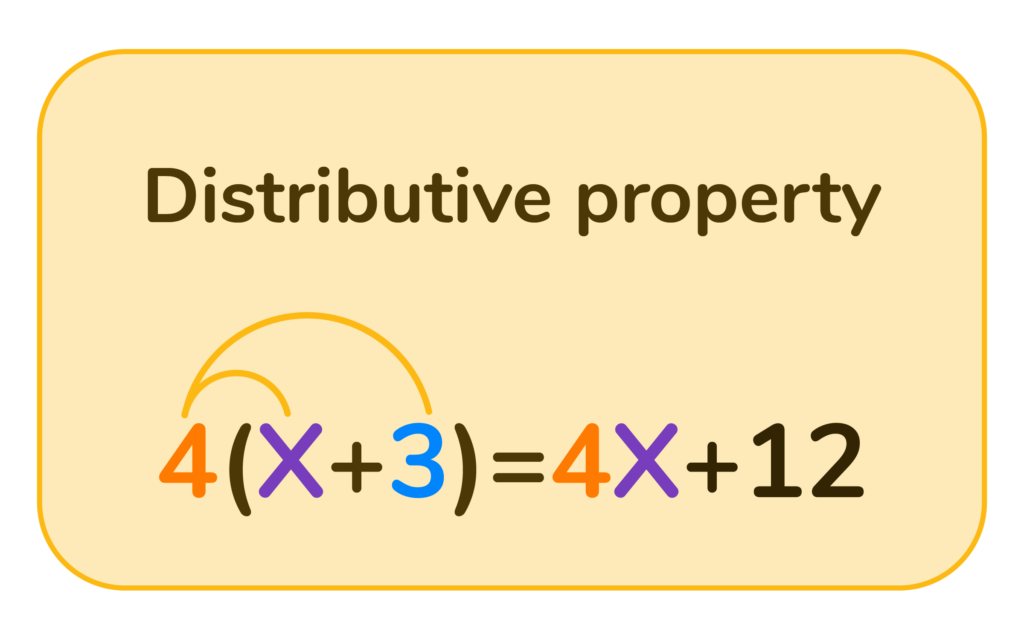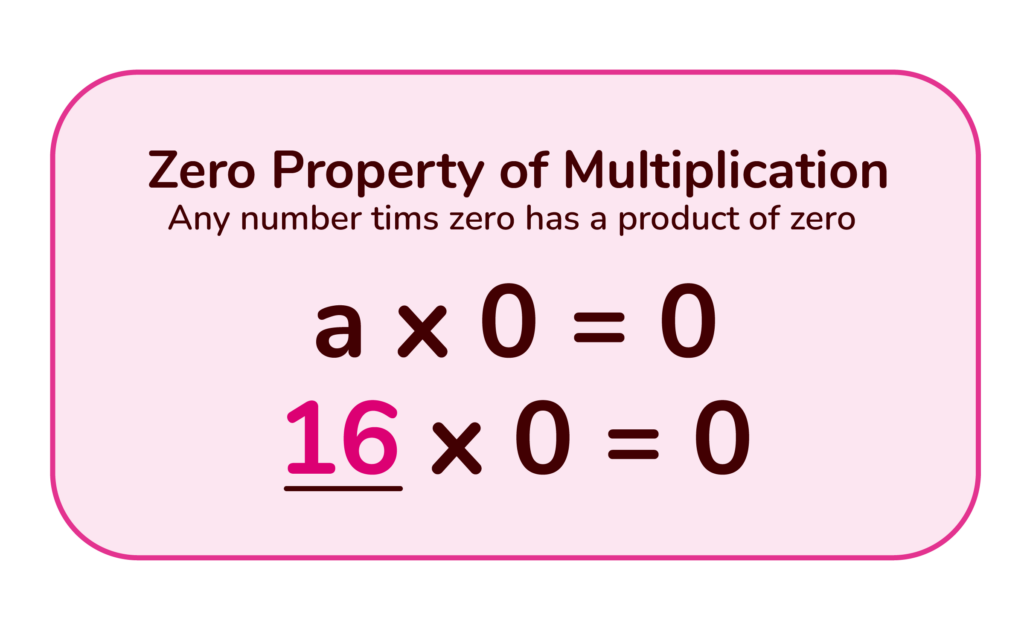What are the Properties of Multiplication?
Discover the power of multiplication and its fundamental properties, making multiplication operations easier to understand and solve.

Author
Michelle Giczika
Published:
Oct 2024
Key takeaways
- • Understanding the five properties of multiplication—Associative, Commutative, Identity, Distributive, and Zero—provides a solid foundation for tackling more complex mathematical concepts.
- • These properties simplify calculations, making it easier to solve multiplication problems.
- • Consistent practice reinforces understanding and the application of these properties.
Let’s make math simple. Some special rules, or “properties,” always apply when multiplying numbers. Understanding these multiplication properties makes calculations easier and faster. In this article, we will walk through the five properties of multiplication and practice applying them so you feel confident when tackling any multiplication problem.
Table of contents
The 5 Properties of Multiplication
Associative property of multiplication
The associative property of multiplication is about how we group numbers in a multiplication problem. This property suggests that how we group numbers doesn’t influence the outcome, aka product. Take 2 x 3 x 4, for example. If you multiply 2 and 3 first and then multiply the result by 4, or multiply 3 and 4 first, then multiply the result by 2, the final product will be the same. As a result, the associative property can simplify complex multiplication problems by allowing us to conveniently group numbers.
Turn math into playtime with DreamBox Math
DREAMBOX MATH
Get started for FREE today!

Commutative property of multiplication
The commutative property of multiplication states that the order of numbers in a multiplication problem doesn’t change the result. So, 7 x 3 = 3 x 7. This property is beneficial when solving problems because it allows us to rearrange numbers to make calculations easier. For example, when solving a multiplication problem involving numerous numbers, you can rearrange the numbers to multiply familiar combinations. This helps simplify the overall calculation.
Identity property of multiplication
The identity property of multiplication states that a number retains its original value when multiplied by one. Any number multiplied by one will remain the same. For example, when we multiply 5 by 1, the outcome is still 5. This is true of every number. The multiplicative identity property is crucial because it reminds us that multiplying by 1 doesn’t change the value of a number. It comes in handy when dealing with more complex mathematical equations in algebra where 1 is often used to preserve the identity of a variable.

Distributive property of multiplication
The distributive property of multiplication states that a number multiplied by the sum of two others, like 2 x (3 + 4), is equivalent to multiplying the number by each of the other two separately and then adding those results, as in (2 x 3) + (2 x 4). This property is especially beneficial for simplifying intricate problems into smaller, more solvable pieces. It’s also the basis for many strategies used in mental math, allowing us to multiply larger numbers quickly in our heads.

Zero property of multiplication
The zero property of multiplication states that any number multiplied by zero equals zero. For example, when we multiply 5 by 0 the outcome will always be 0. This property is beneficial when solving equations or simplifying expressions, allowing us to “eliminate” terms multiplied by zero. It’s a fundamental rule in math that provides a quick way to solve any multiplication problem where one of the factors is zero.


The math program that drives results
Get started today!
DreamBox adapts to your child’s level and learning needs, ensuring they are appropriately challenged and get confidence-building wins.
Practice Problems
Click on the boxes below to see the answers!
Associative Property of Multiplication
- (2 * 3) * 4 = 24
- 5 * (3 * 4) = 60
- (7 * 2) * 3 = 42
Commutative Property of Multiplication
- 7 * 6 = 42; 6 * 7 = 42
- 8 * 3 = 24; 3 * 8 = 24
- 2 * 9 = 36; 9 * 2 = 18
Distributive Property of Multiplication
- 3 * (4 + 2) = 18
- 5 * (6 + 3) = 45
- 2 * (5 + 7) = 24
Identity Property of Multiplication
- 9 * 1 = 9
- 1 * 6 = 6
- 5 * 1 = 5
Zero Property of Multiplication
- 8 * 0 = 0
- 0 * 5 = 0
- 3 * 0 = 0
FAQs About the Properties of Multiplication
The five properties of multiplication are the Associative Property of Multiplication, Commutative Property of Multiplication, Identity Property of Multiplication, Distributive Property of Multiplication, and Zero Property of Multiplication.
Applying the properties of multiplication is all about recognizing the conditions that allow each property to be used. For instance, if you see a problem that requires you to multiply a number by the sum of two other numbers, such as 2 * (3 + 4), you might recognize it as the distributive property.
The commutative property of multiplication means that the order of numbers in a multiplication problem doesn’t change the result. For instance, 5 x 3 = 3 x 5. Many consider it similar to the multiplication property of equality.
Take at home math practice to the next level
Empowering parents and educators to make math practice more impactful. Plus, your kids will love it.


